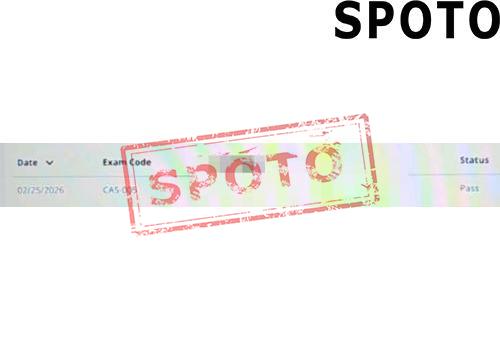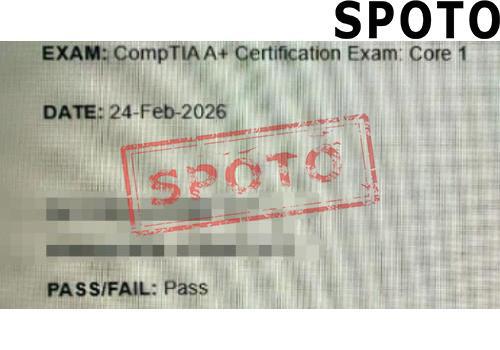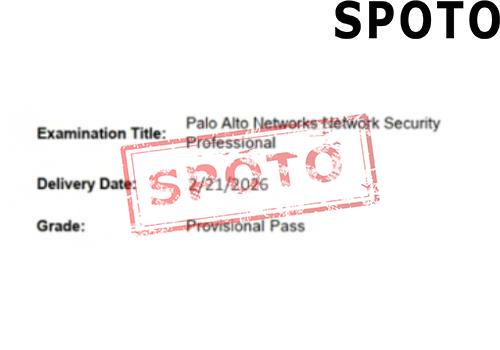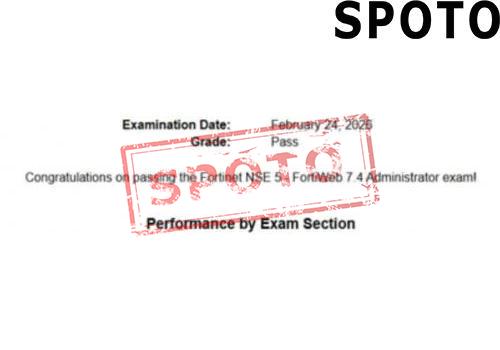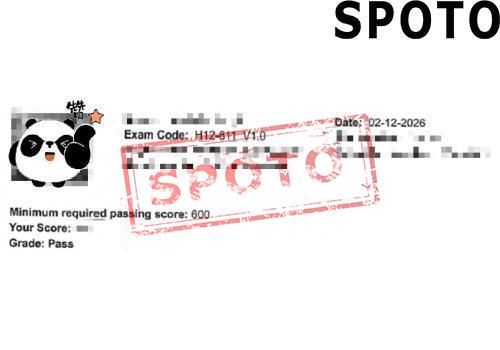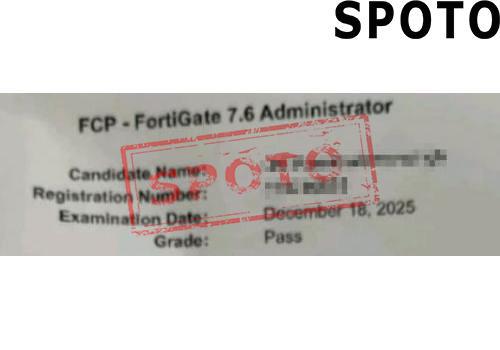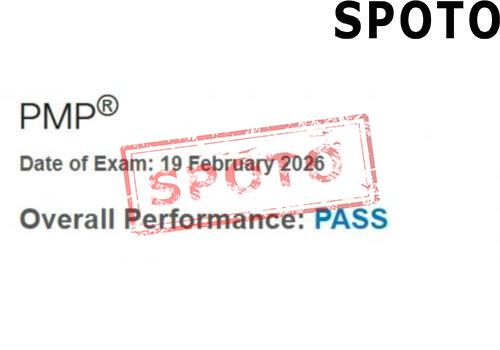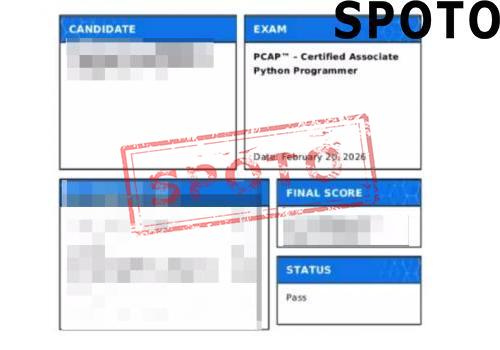
Table of Contents
In today's rapidly evolving global marketplace, effective supply chain management is crucial for business success. It impacts every aspect of the product lifecycle, from concept to consumer, and directly relates to an organization's cost-effectiveness and speed of market responsiveness. As supply chain complexity increases, so does the need for talent with specialized supply chain management expertise.
Recognizing this demand, two prominent professional certifications have emerged in the field of supply chain management: the CPIM (Certified in Planning and Inventory Management) and the CSCP (Certified Supply Chain Professional). While both certifications represent important standards of excellence, many professionals may find themselves wondering: which certification is the better fit for my career goals and interests?
In this blog, we will explore the key considerations that should guide your choice between the CPIM and CSCP certifications. By understanding the unique focus and requirements of each program, you can determine the professional path that aligns most closely with your aspirations and equips you to thrive in the dynamic supply chain landscape.
CPIM Certification Overview
The CPIM (Certified in Production and Inventory Management) certification is a globally recognized professional credential offered by APICS (the Association for Supply Chain Management). It is designed to validate the expertise and skills of practitioners in the field of production and inventory management.
History and Global Recognition
Since its introduction in 1973, the CPIM certification has become the gold standard sought after by supply chain management professionals worldwide. It is not only recognized as a competency benchmark in the United States, but also has around 80,000 active CPIM certificate holders globally. CPIM certification holders are often seen as subject matter experts in key areas such as requirements management, sales and operations planning, and material requirements planning.
Exam Structure and Modules
The CPIM certification course covers multiple facets of supply chain management and is divided into five comprehensive modules:
- Basics of Supply Chain Management (BSCM): Provides the fundamental principles of supply chain design, strategy, and best practices.
- Master Planning of Resources (MPR): Delves into critical resource planning areas, including sales and operations planning, master production scheduling, and material requirements planning.
- Detailed Scheduling and Planning (DSP): Focuses on the intricate aspects of production and inventory planning, such as capacity demand planning and detailed scheduling techniques.
- Execution and Control of Operations (ECO): Involves the management and control of daily production activities, including quality control, performance measurement, and continuous improvement.
- Strategic Management of Resources (SMR): Emphasizes the long-term strategic management of resources, including strategic planning and optimization of the supply chain.
The CPIM v8.0 exam combines the previous partial exams into a comprehensive assessment consisting of 150 questions to be completed within 210 minutes. This exam structure is designed to thoroughly evaluate a candidate's mastery of the key supply chain management concepts and their practical application.
By earning the CPIM certification, professionals can demonstrate their specialized expertise in production and inventory management on a global scale, positioning them for career advancement and recognition within the supply chain industry.
CSCP Certification Overview
The CSCP (Certified Supply Chain Professional) certification is a comprehensive professional qualification offered by APICS. It is designed for individuals who wish to demonstrate a wide range of knowledge and expertise in the field of supply chain management. The CSCP certification not only represents an in-depth understanding of supply chain management, but also reflects a high level of professional competence in the planning, execution, monitoring, and improvement of the supply chain.
Certification Background and Scope
The CSCP certification was introduced in 2006 in response to the rapidly changing needs of the supply chain management field and the higher standards placed on supply chain professionals. It covers the entire scope of supply chain management, from the internal operations management of the organization to the external supply chain network, including suppliers, manufacturers, distributors, and end customers. The CSCP certification emphasizes an end-to-end supply chain perspective, including supply chain design, strategy, planning, execution, and continuous improvement.
Certification Modules and Exam Requirements
The course content of the CSCP certification is divided into three main modules, each of which addresses key aspects of supply chain management:
- Module 1: Core of Supply Chain Management - Introduces the basic concepts, key processes, and best practices of supply chain management, laying the foundation for the entire certification.
- Module 2: Supply Chain Planning - Provides an in-depth discussion of supply chain strategic planning, including demand planning, inventory management, network design, and supply chain collaboration.
- Module 3: Execution and Operations - Focuses on the daily operations of the supply chain, such as order management, production planning, material procurement, and continuous improvement of the supply chain.
The CSCP exam is a comprehensive four-hour exam with 175 multiple-choice questions designed to assess a candidate's mastery of all aspects of supply chain management. After passing the exam, candidates will receive the CSCP certification, which is an international recognition of their professional competence and an important milestone in their careers.
Differences Between CPIM & CSCP
While both the CPIM (Certified in Production and Inventory Management) and CSCP (Certified Supply Chain Professional) certifications are offered by APICS and are designed to enhance the professional competence of individuals in the field of supply chain management, there are some key differences in their focus and application areas:
Key features of CPIM certification:
- Focus: The CPIM certification focuses more on demand forecasting, production planning, production control, and implementation within the company. It focuses on translating sales planning into production master planning, which is further refined into material supply planning (MRP), as well as specific scheduling, implementation, and control of factory production floors and production lines.
- Applications: The CPIM certification is suitable for professionals who specialize in production and inventory management, material requirements planning, and want to deepen their production planning and inventory control skills.
Key features of CSCP certification:
- Focus: The CSCP certification provides a more comprehensive view of supply chain management, extending from the internal operation management of the organization to the external supply chain network. It emphasizes the overall management and optimization of the supply chain, including supply chain design, strategy, planning, execution, and continuous improvement.
- Applications: The CSCP certification is suitable for professionals who want to master the application of supplier and customer relations, international trade, and information technology in the field of supply chain, as well as middle and senior supply chain management professionals engaged in production, logistics, procurement, customer relations, financial budgeting, and other related areas.
CPIM or CSCP? How to Choose?
When it comes to choosing between the CPIM (Certified in Production and Inventory Management) and CSCP (Certified Supply Chain Professional) certifications, the decision depends on your personal career goals, the nature of your job, the needs of your industry, and your personal interests.
Depending on the focus of the certification, you may choose:
CPIM Certification:
The CPIM certification focuses on operations management within the organization, including demand forecasting, production planning, material requirements planning (MRP), and production control. If your work revolves around:
- Production planning and scheduling
- Inventory control and optimization
- Material management
- Productivity and cost control
The CPIM certification will provide you with in-depth professional knowledge and skills in these areas.
CSCP Certification:
The CSCP certification emphasizes the overall design, strategic planning, execution, and continuous improvement of the supply chain. If your career goals include:
- Managing the entire supply chain
- Optimizing supply chain network design
- Developing and executing a supply chain strategy
- Handling end-to-end supply chain issues
The CSCP certification will provide you with a comprehensive perspective and the necessary tools.
When choosing between the two, consider the following factors:
- Career Path: Consider your current role and the level of career you want to achieve. CPIM may be more suitable for professionals who want to deepen their expertise in the field of production and inventory management, while CSCP is suitable for middle to senior managers who need a comprehensive supply chain management perspective.
- Nature of Work: Analyze the nature of your day-to-day work and the types of problems you need to solve. If your job involves more of a tactical aspect of production and inventory, CPIM may be a better option. If your job requires a strategic approach to supply chain issues, CSCP may be a better fit.
- Industry Needs: Understand the need for supply chain professionals in your industry or the industry you wish to enter. Some industries may prefer one certification, which can serve as a reference for you.
- Personal Interests: Finally, choosing which certification to pursue should also be based on your personal interests. A deep interest in a field can increase learning efficiency and help you achieve better results in that field.
By considering these factors, you can make an informed decision on which certification, CPIM or CSCP, aligns better with your career goals and professional development.


